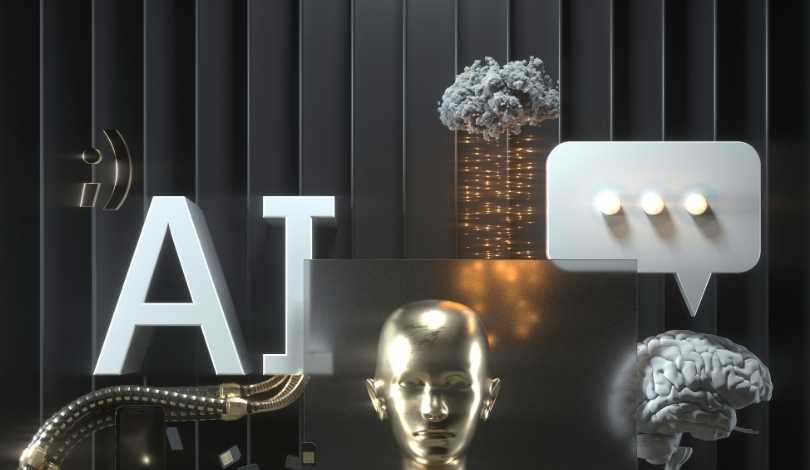Anthropic is pushing the envelope in artificial intelligence with the introduction of its latest Claude 4 model family, featuring Claude Opus 4 and Claude Sonnet 4. Positioned as cutting-edge additions to the AI landscape, these models cater to both advanced coding tasks and broader applications, heralding new opportunities for AI implementations. The release of these models aims to offer comprehensive AI strategies and tools that bridge the gap between high-level capabilities and everyday use, ensuring wide accessibility to robust AI solutions.
Earlier AI model releases often focused on isolated improvements in either coding or general AI capabilities, reflecting a more segmented approach to AI development. Historically, each iteration primarily sought incremental advancements, either increasing speed or enhancing specific functionalities in real-world applications. However, the introduction of the Claude 4 family marks a step in unifying performance metrics across diverse tasks, indicating an emerging trend towards more holistic AI solutions. This represents a shift from a narrow focus on either generalist or specialist capabilities to an integrated model offering versatility without sacrificing performance.
What sets Claude Opus 4 apart?
Claude Opus 4 stands out as Anthropic’s flagship model for coding, boasting leading results in industry benchmarks like SWE-bench and Terminal-bench. This model is engineered to maintain efficacy over extended periods, illustrating its capability to undertake lengthy, complex tasks. Opus 4 is expected to enhance AI applications by tackling sustained challenges, thus expanding the range of feasible AI-driven solutions. This positions it as a potentially vital resource for developers requiring consistent performance over time.
How does Claude Sonnet 4 enhance daily AI functions?
Designed for adaptability, Claude Sonnet 4 is aimed at supporting a wide spectrum of applications beyond just coding. Companies such as GitHub and iGent have already recognized its prowess in improving operational efficiencies, citing enhanced problem-solving and precision in executing complex instructions. This model’s ability to significantly reduce errors in code navigation enhances its utility across various development stages, making it an attractive choice for organizations aiming to leverage AI for everyday tasks.
What innovations accompany the Claude 4 models?
Anthropic has equipped its Claude 4 models with novel features aimed at enhancing user experiences. A dual-mode operation allows these models to deliver quick responses or engage in comprehensive reasoning as required. Additionally, the introduction of tools like a code execution feature and Files API seeks to empower developers with more interactive capabilities, effectively facilitating complex problem-solving and real-world task integration.
The culmination of Anthropic’s latest offerings marks a promising development in AI technology, particularly in coding and multi-functional AI applications. By maintaining its pricing strategy, Anthropic ensures accessibility, encouraging widespread adoption across various platforms, including Amazon Bedrock and Google Cloud’s Vertex AI. This accessibility highlights an emphasis on democratizing advanced AI capabilities, making them available to a broader audience. With the launch of Claude Opus 4 and Sonnet 4, users and developers are presented with an opportunity to harness sophisticated AI tools while navigating a dynamically evolving tech landscape.










